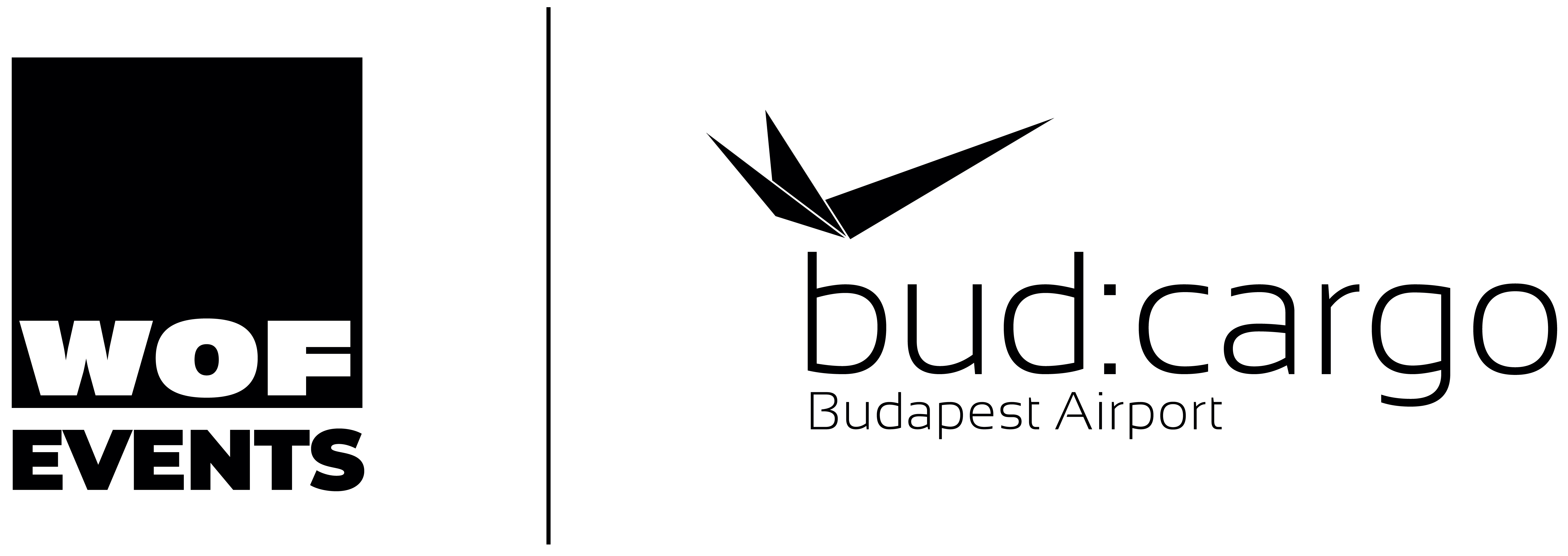Agreement to improve Western Balkan transport connections
| Last week, the European Commission signed high-level agreements with Bosnia and Herzegovina, Montenegro, North Macedonia and Serbia. The agreements adapt the trans-European transport network (TEN-T), the EU’s network of railway lines, roads, ports and inland waterways connecting EU towns and cities, by linking it to the Western Balkans. This is a major step towards greater transport connectivity between the European Union and our Western Balkan partners. |
The agreements were signed on the margins of the Connectivity Summit in Budva, Montenegro. This brought together professionals and political stakeholders from the region and the EU to discuss issues related to sustainable and efficient trade, and transport and logistics as prerequisites for attracting investment and boosting economic growth within the region. It also addressed strengthening relations between the region and EU, and was co-organised by the Transport Community Treaty and CEFTA Secretariats. Commissioner for Transport Adina Vălean said: “With the signature of these agreements, and with our proposal for a Western Balkans European Transport Corridor, we are laying the ground to integrate the transport network of the Western Balkans into the EU’s. It will promote the development of sustainable and resource-efficient transport connectivity between the EU and these countries. The importance of closer and seamless transport connections cannot be underestimated.” As one of the major multilateral investors in the Western Balkans, the EBRD has issued an appeal for more investment in the region’s railway sector to address the climate change emergency and improve connectivity. The Western Balkans rail network has a total length of almost 6,500 km on both core (more than 2,600 km) and comprehensive (3,895 km) TEN-T networks consisting of the three corridors (Vc, VIII and X) and seven routes. “An important step for integrating the transport network of the Western Balkans with that of the EU, which should help bring better rail, road and waterborne and multimodal connections for businesses and citizenz across our regions. Promoting smooth border crossings is also key by removing unnecessary checks ands rad tape, and ensuring sufficient infrastructure capacity,” EU Transport Director Mona Bjorklund said. “Rail not only plays a critical role in any well-balanced transport system, it is the lynchpin for a sustainable transport approach and has a key role to play in addressing today’s climate emergency,” Nandita Parshad, EBRD Managing Director, Sustainable Infrastructure Group, said. To date, the EBRD has invested almost EUR 1 billion in Western Balkans’ railway sector and is committed to accelerate the investment in this transport mode. The transport sector of the Western Balkans region also benefits EIB support which is committed to “accelerate the modernisation of railway in line with EU standards. Smarter, safer and digitalised rail across the region will help us address the environmental issues and enable shift to more sustainable transport,” Lilyana Pavlova EIB Vice-President responsible for the Western Balkans said during the summit. EIB has provided EUR 5 billion financial support for the transport sector in the region. |
Original article HERE
Image: transport-community.org

